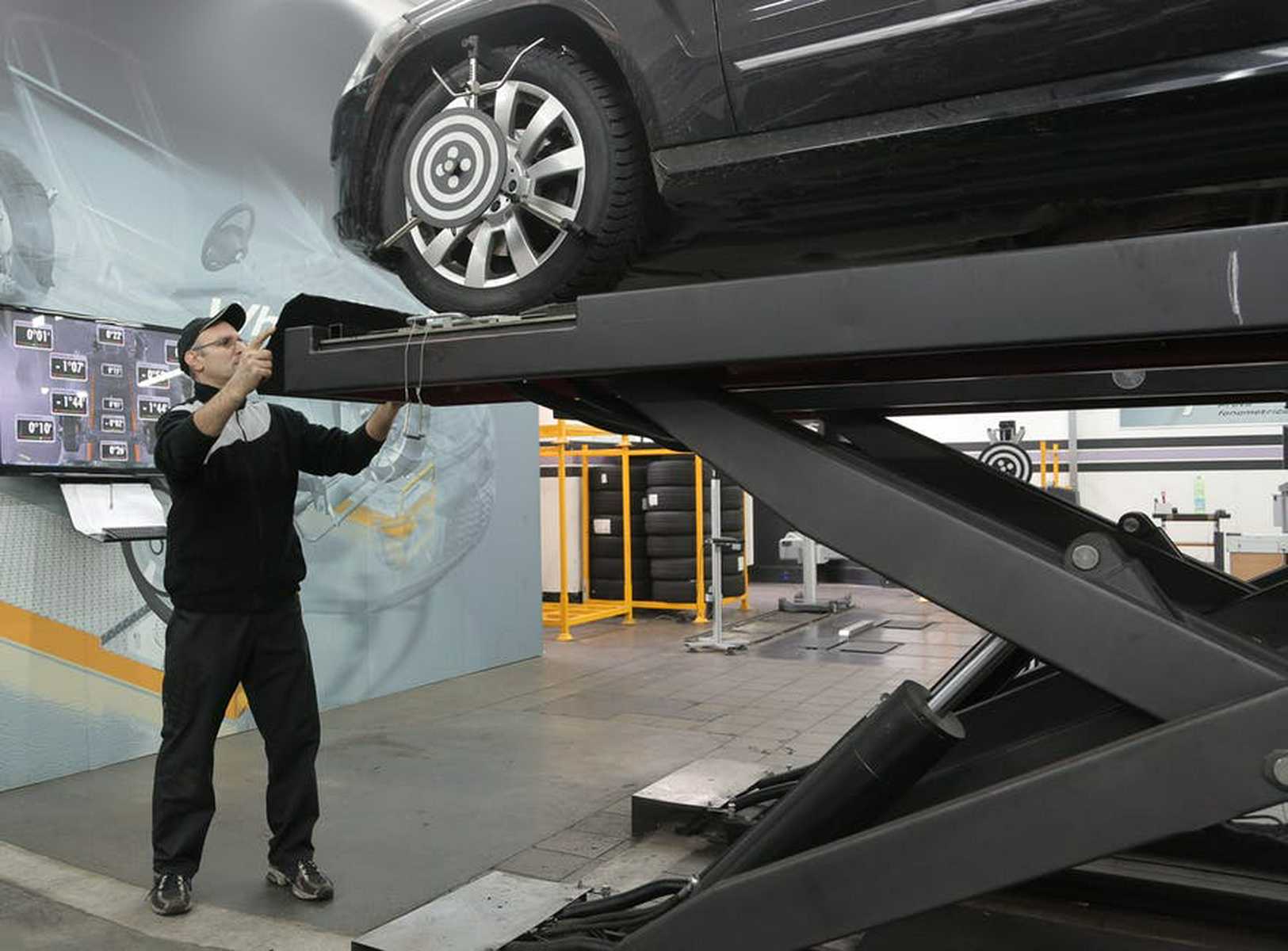AAA reported in a study that the average bill for auto repair is about $500 to $600. It can be life-changing having to fix a car and find the money to do so in a tight spot.
You may feel like you are pretty in tune with your car, but every owner should have a vehicle diagnostic tool. This helps keep your car working in optimal order and can notify you of a potentially dangerous situation.
Keep reading for everything you need to know about getting a vehicle diagnostic so that you can protect your investment.
What Is a Vehicle Diagnostic Test?
Most cars are computerized, so keeping them in optimal order is reasonably straightforward. A vehicle diagnostics test is a digital analysis of those computer systems and the car’s components. Data is collected, and a professional can analyze the reports to determine any issues.
There could be problems with the engine, transmission, oil tank, and more. You can perform a diagnostic check at home with your own device, though they are more reliable when done at a mechanic or dealer shop.
The same can be said for mobile diagnostics services. While mobile is easy, in-person checks are always more thorough and produce better results. People usually get diagnostics when their “check engine” light turns on or at a routine maintenance appointment.
How Does It Work?
The vehicle diagnostic scanner checks different areas of the car and ensures that it functions properly. These areas include:
- Exhaust systems
- Car battery
- Transmission
- Brakes
- Cooling systems
The scanning tool determines the area that caused the error or which component is missing and needs attention. It is more of a narrowing-down device rather than an identifier. The mechanic is responsible for figuring out how to diagnose and repair the issue.
What Is a DIY Reader?
It can be convenient to have your own code reader at home. You can plug it directly into the car and check the engine light codes that identify where the issue lies.
While they are more basic devices than those used in a workshop, you can save money by figuring out the issue before taking your car in. However, some automotive manufacturers use complex codes, so you cannot use DIY readers on selected makes and models.
What Can Checks Tell Me?
Onboard diagnostics can provide important information about the car’s systems. This information may include:
- Ignition timing
- Buildup level in the combustion chamber of the engine
- Fuel injectors performance
- Engine revs per minute
- The firing of ignition coils
How Long Does a Check Take?
The timing varies depending on whether you go into a workshop or use a DIY meter. Usually, the diagnostics process takes anywhere from an hour to an hour-and-a-half. However, if you have a severe issue, it can take up to three hours to figure out the problem.
If you are conducting the test independently at home, it can take a little more time. It all depends on how quickly you can hook the device up to your car and how experienced you are at deciphering the readings.
How Much Will I Spend?
Typically diagnostics are charged by the hour. Costing also depends on your location, car make and model, and any potential issues the car has. Some tests start at $60, and others can run as high as $200.
Search “vehicle diagnostics near me” online to find the best results. Then, read the reviews of the workshops you encounter.
Some places claim to offer free code diagnostic services but may have hidden fees. Make sure that you double-check the fine print at the mechanic shop. You don’t want to have to pay for services you didn’t know about.
How Often Should I Get a Diagnostics Check?
Technically, you don’t need to schedule check-ins as you would for an oil change; you can run a diagnostics check whenever you want. However, if you feel that your car is not running up to par, it might be a good idea to get it checked just in case.
Getting checks can speed up the repair process if you suspect something is wrong. This can help prevent your car from developing serious malfunctions.
When Should I Get a Test?
If you spot any indicator of an error in your car, get a test done. This can be something like a “check engine” light flashing. It never hurts to get a test done just in case.
You might also want to get a check done if you are getting work done on your car and want to check the credibility of your mechanic. Use the diagnostics check to see if you really have anything wrong with your vehicle before paying. Sometimes you need a second opinion to ensure you’re not being scammed.
Benefits of a Diagnostics Test
You can save a great deal of money by getting a test because you can prevent having to replace parts on your car.
These tests are also valuable in helping you prevent significant errors and potentially save your life or the lives of others on the road. For example, you could find out that you need to replace your brakes before taking a long road trip.
Schedule Your Vehicle Diagnostic Today!
Ideally, getting a vehicle diagnostic check should be a part of regular car maintenance. This can help you avoid taking your car to the mechanic and paying an arm and a leg for a simple fix that could have been prevented.
Purchasing a subscription with Treads is a simple way to ensure you’re taking the best possible care of your car. You’ll not only get new tires at affordable prices, but you can also access on-road assistance and so much more.





